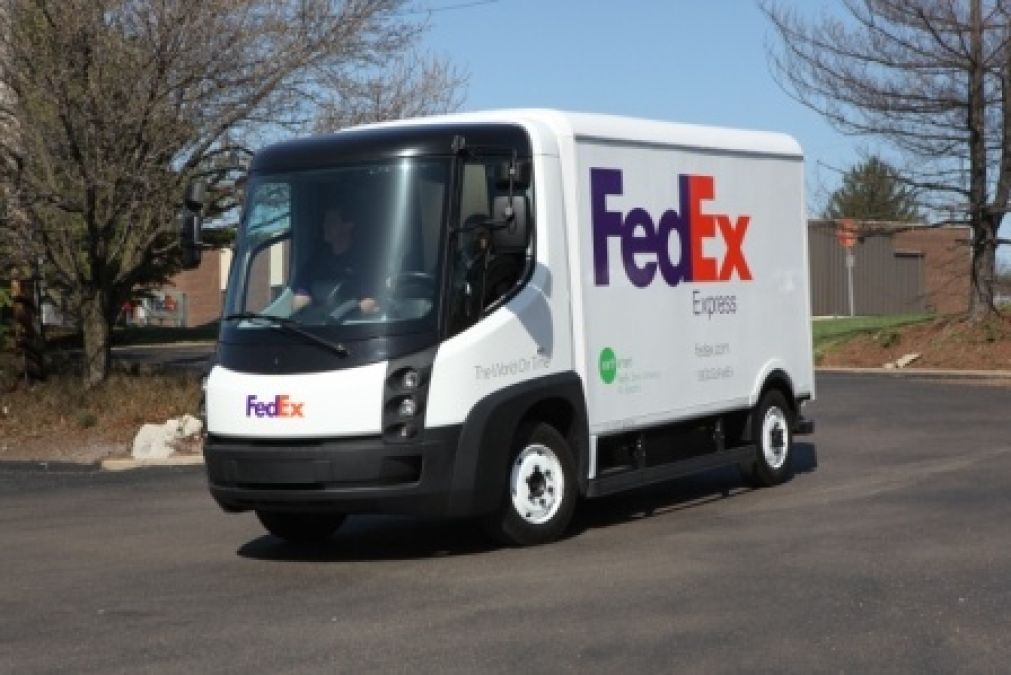Jackson said that the company's fleet has improved fuel economy by 16.6% and is on track to meet its goal of reducing consumption by 20% in 2015 from the 2005 baseline. Jackson's speech focused on sustainability efforts, fuel use reductions, and the technologies being implemented to meet the ambitious goals the company set nearly a decade ago as its EarthSmart program.
Most of FedEx's efforts, said Jackson, are long-term options such as steady fleet replacement with viable fuel-reduction options such as alternative fuel vehicles and more efficient traditionally-fueled vehicles. FedEx calls these long-term efforts "practical environmentalism." The idea is to get more lasting benefit rather than the fast one-off benefits many public relations "green stunts" receive.
EarthSmart includes items like a company-wide recycling program and gaining LEED certification on its facilities, but is mostly about greening the company's fleet, which is its largest asset and which sits at the core of FedEx's business.
FedEx has gained a lot of attention for its incorporation of hybrid and electric vehicles in its fleet, currently fielding 364 hybrid-electrics and 130 battery-electric vehicles. Jackson admits that these vehicles have a heavy cost premium up-front, but are seeing operational savings as high as 80%, though most (being hybrids) are closer to 42%. Those savings are not to be ignored, however, and has shown potential for return on investment (ROI) at a faster pace than anticipated.
Further improvements to the fleet come in the way of clean diesel vehicles that are 70-100% more fuel efficient than their dirtier counterparts and FedEx expects 11,000 of these will be in service by this time next year. That accounts for about 35% of the company's pickup and delivery fleet.
Overall, the company is working towards being the green leader in total operations and with one of the largest fleets of commercial vehicles in the world, their efforts would have a sizable impact on fuel usage internationally.





